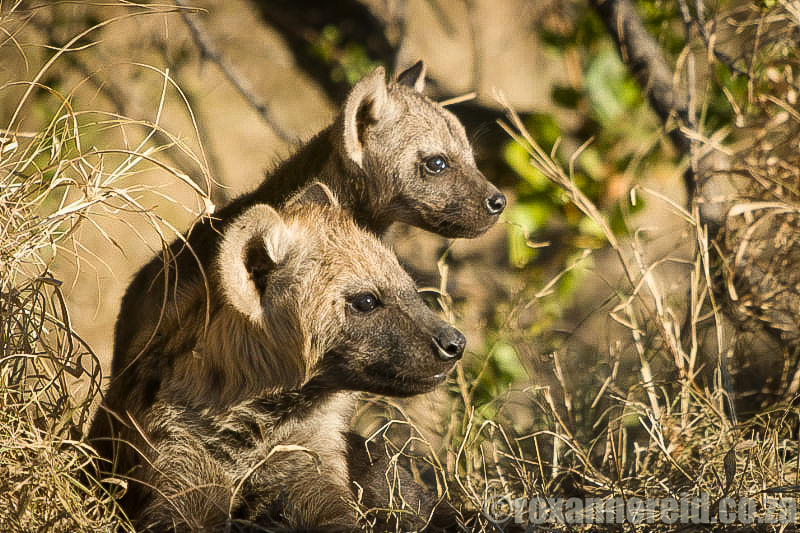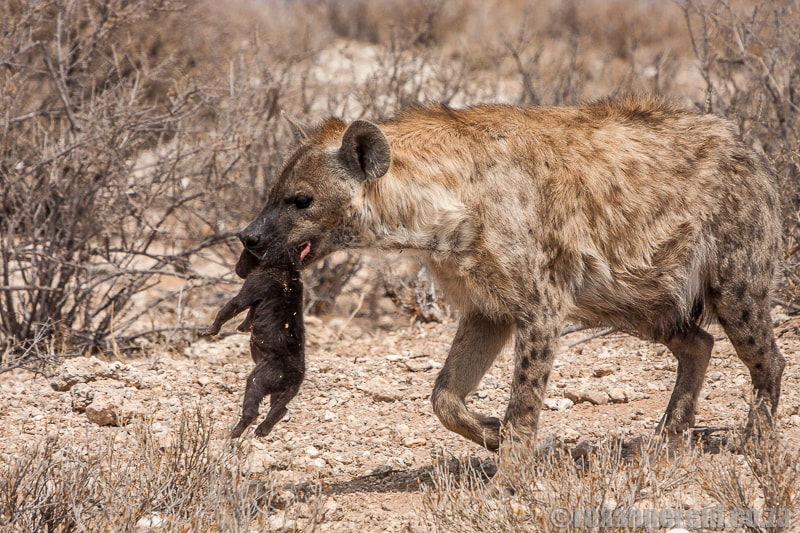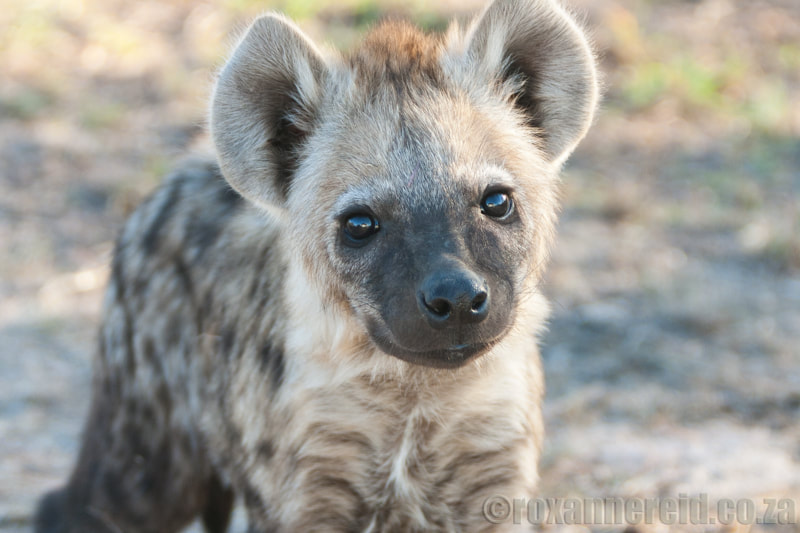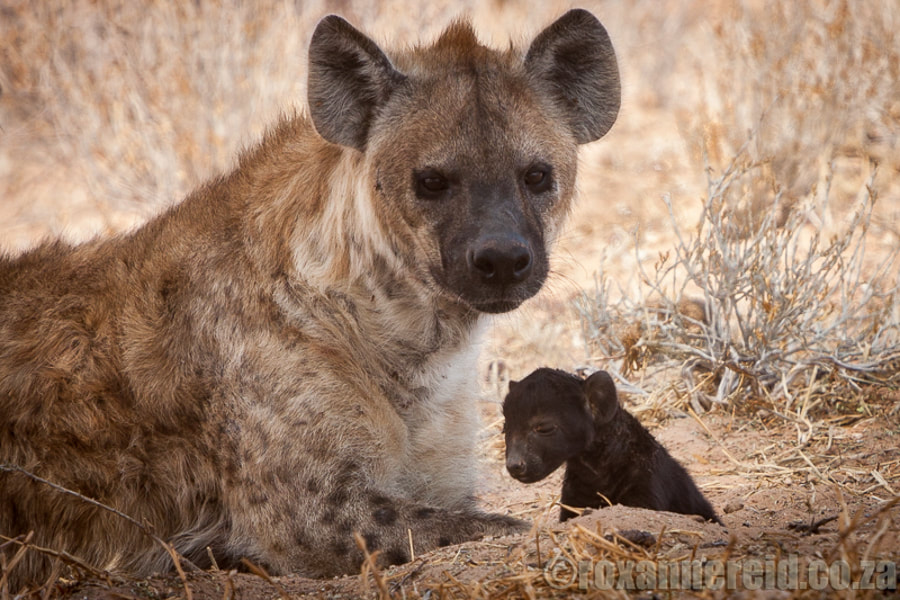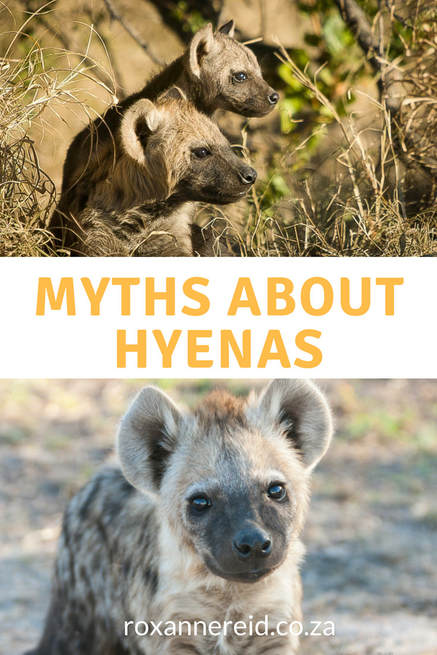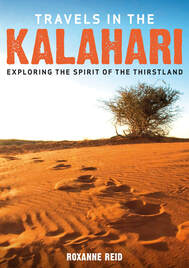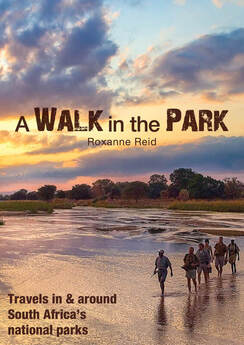Walt Disney’s Lion King movie has a lot to answer for, particularly because its portrayal of lions as noble heroes and hyenas as demented schemers continues to influence how we see both animals. But you have to remember: all that is just fiction or myth, so don't believe everything you hear about hyenas.
And they’re way ahead of lions as far as table manners and child-care are concerned. For instance, the females make sure that their youngsters have priority at the kill, whereas selfish male lions eat first and swat the poor little cubs away.
So why does no one seem to love hyenas except a smattering of animal scientists – and me?
You may ask why I would like spotted hyenas when they’re smelly hermaphrodites who cackle maniacally and skulk about scavenging for food.
The truth is that all these things are myths. So I’m on a rebranding mission to show they’re really rather cool creatures that are simply the victims of prejudice and lies.
Let’s look at that hermaphrodite thing first.
Yes, a female spottie has a reproductive organ that looks like a penis. But it’s not. Her internal reproductive organs are just the same as any other four-legged animal’s, though her badly designed external equipment does make giving birth rather painful. Yes, that narrow penis-like tube is also the birth canal, and it tears during delivery. The scar tissue that forms afterwards is a telltale sign that a hyena has had babies.
As for the cackling (I prefer to think of it as giggling – the spottie is also called a laughing hyena), it’s not a sign that they’re cooking up an evil plan. It’s just a way of staying in touch and communicating with their chums. It hints at a mix of excitement and frustration, and you’ll hear it when the animals can’t get to something they want.
Another vocalisation I love to hear in the bush at night is a lilting whoop that’s hyena-speak for, ‘Here I am, over here.’ Mums and cubs also communicate through assorted groans and murmurs.
When chimps vocalise we get all starry-eyed about how intelligent they are, so why can’t we see hyena vocalisations as a sign of intelligence too? Spotties have at least 14 different vocalisations – making theirs one of the most complex vocal systems in mammals, including primates.
Disney was right in one respect only: lions and hyenas are not the best of buddies.
This is partly because hyenas get pissed off when lions kill their cubs, and partly because lions don’t like competition from these extremely successful hunters, who thoroughly enjoy a spot of lion mobbing every now and again.
Anyone who has ever watched spotties mobbing lions will know it’s certainly not fair to call the hyenas cowards, especially since a lion is twice the size of any hyena. They’re equal partners with lions when it comes to clashes, the winner usually being the species with the most individuals and therefore more firepower.
According to hyena expert Gus Mills, spotties in the Kgalagadi hunt 73% of what they eat. They’re efficient predators that can the digest bones of their prey, but they’re also intelligent enough to be opportunists and will scavenge from other predators.
And they’re not alone in that; lions scavenge too, even though no one hates them for it! And in any case, scavenging is an essential service in keeping the veld clear of rotting corpses.
Next, let’s deal with that accusation that they’re smelly.
Yes, sometimes they roll in smelly stuff but so does your beloved dog Rover, man’s best friend. And the scent of the secretion from an anal gland that they use to mark their territory is way less disgusting than the spray from your domestic cat. And you love him, right?
- Females are dominant over the males (another reason to love them!).
- Cubs are born with their eyes open and their canine teeth fully erupted.
- Mother’s milk has more protein than that of any other land mammal, and only polar bears and sea otters produce milk with a higher fat content.
- They can eat up to a third of their body weight at one sitting.
- The hyena is more closely related to the mongoose and cat than the dog.
I vote we stop condemning the hyena because of the ravings of men like Ernest Hemingway, who was seriously misinformed in any case.
He believed that every hyena possessed both male and female organs and called the poor animal a ‘hermaphroditic, self-eating devourer of the dead, trailer of calving cows, ham-stringer, potential biter-off of your face at night while you slept, sad yowler, camp-follower, stinking, foul with jaws that crack the bones the lion leaves…’
He even used to shoot them in the stomach because it amused his cook!
Just because Hemingway was ignorant and a hyena sadist, is that any reason why we should be too?
Like it? Pin this image!
